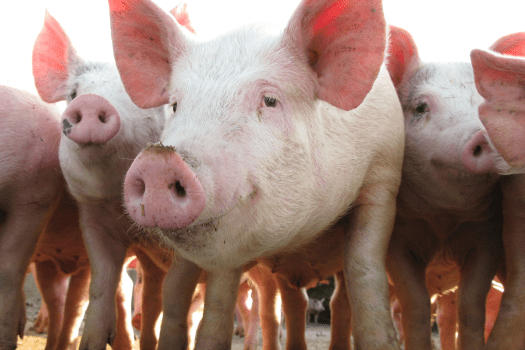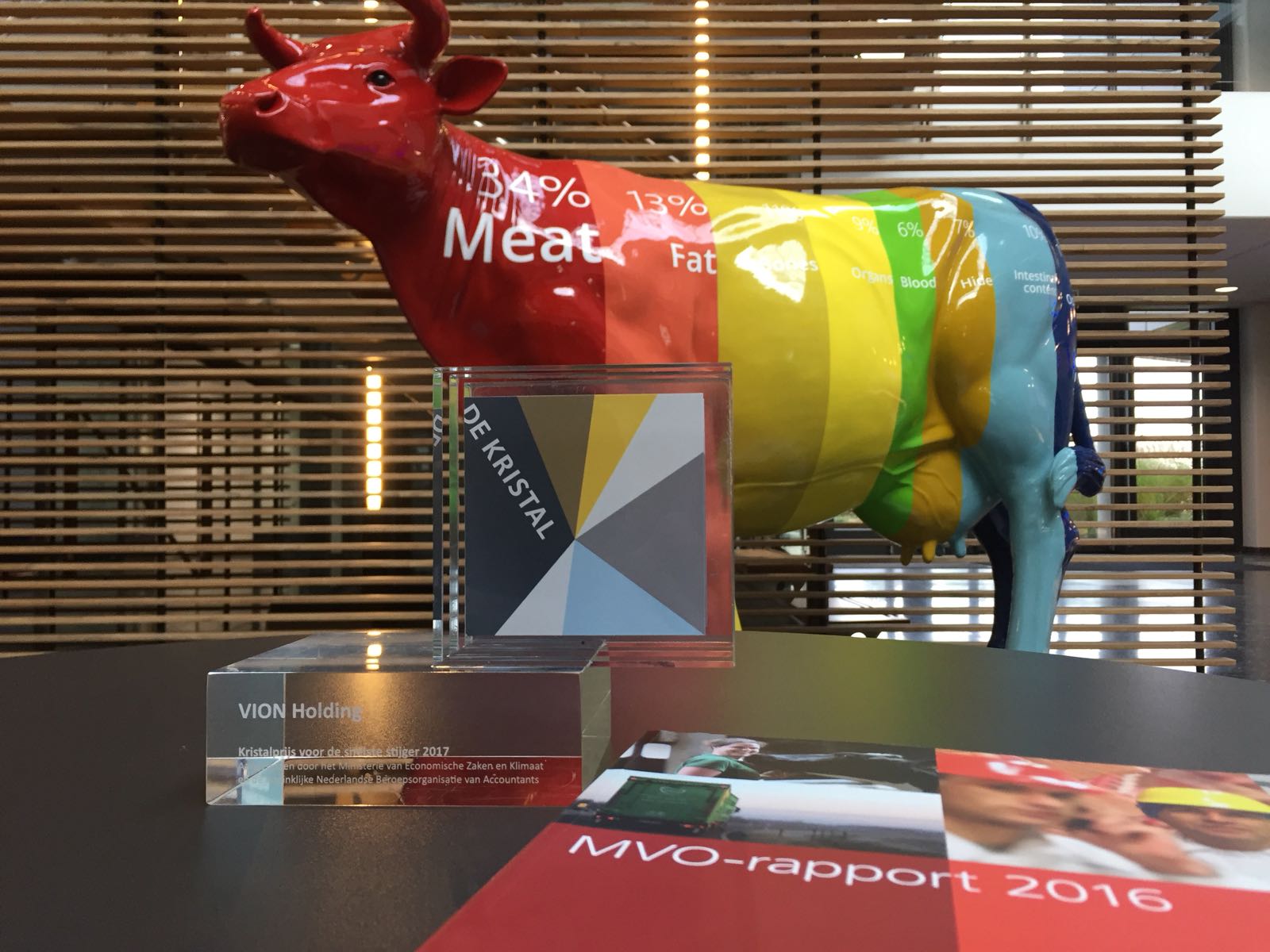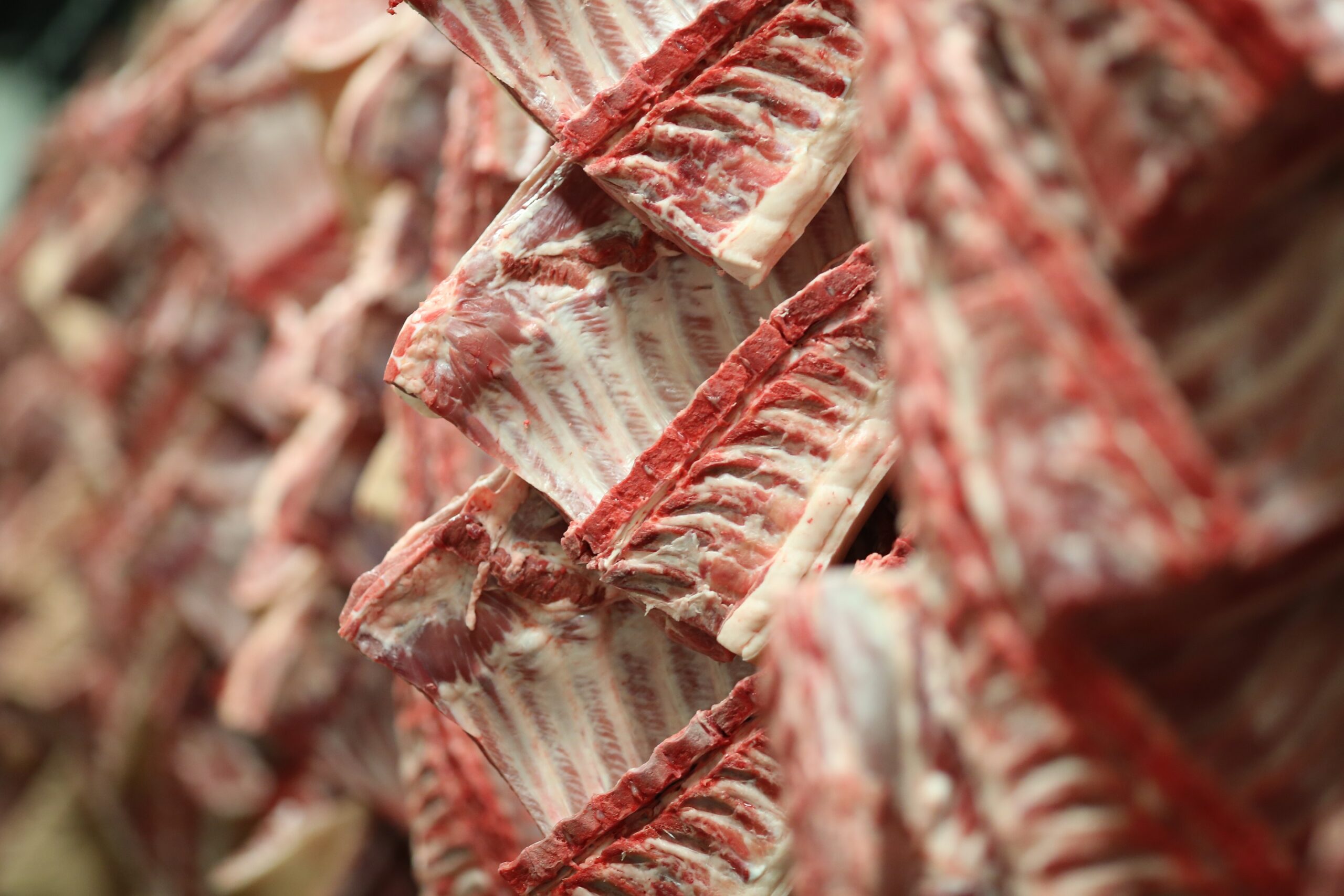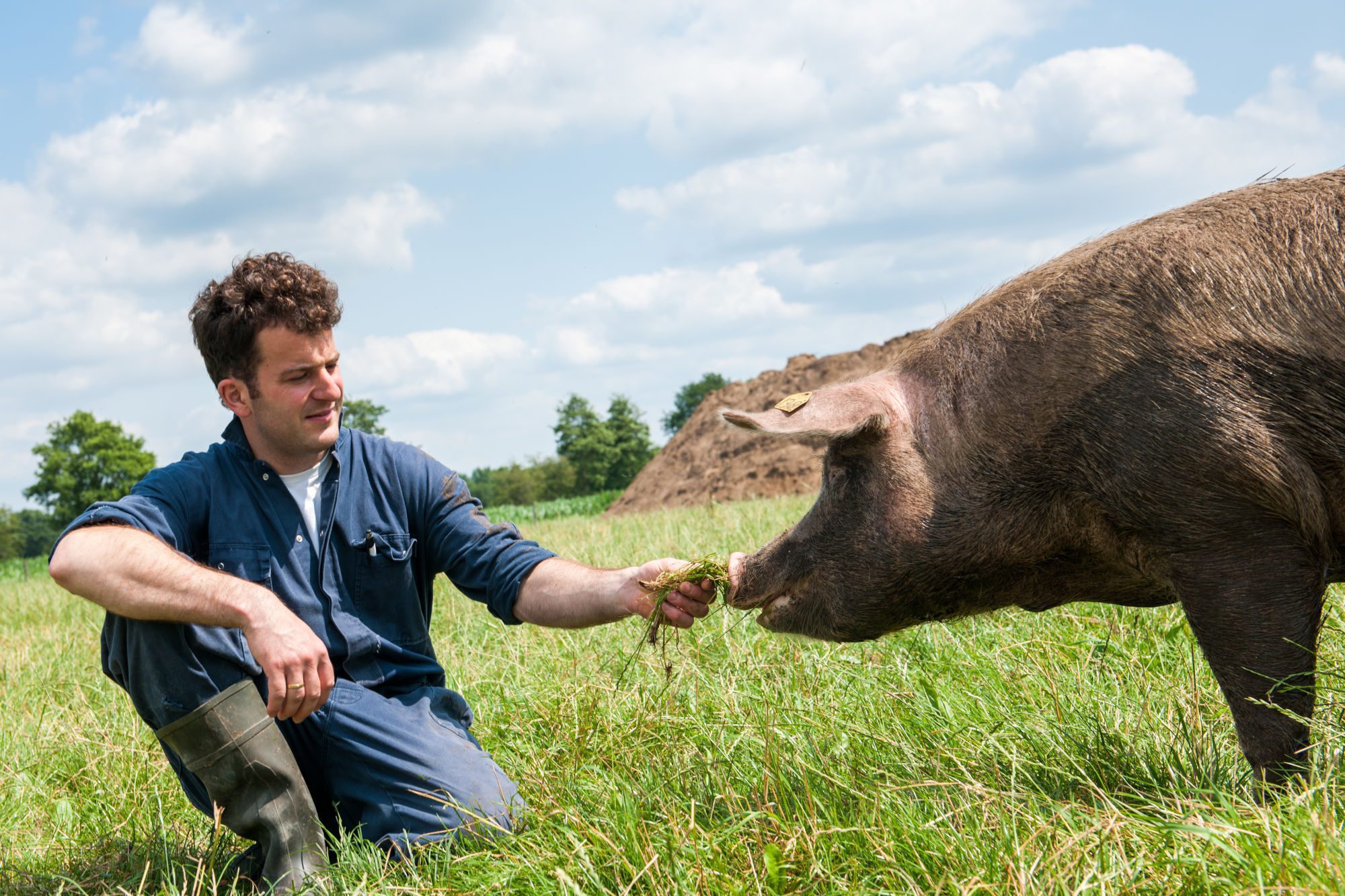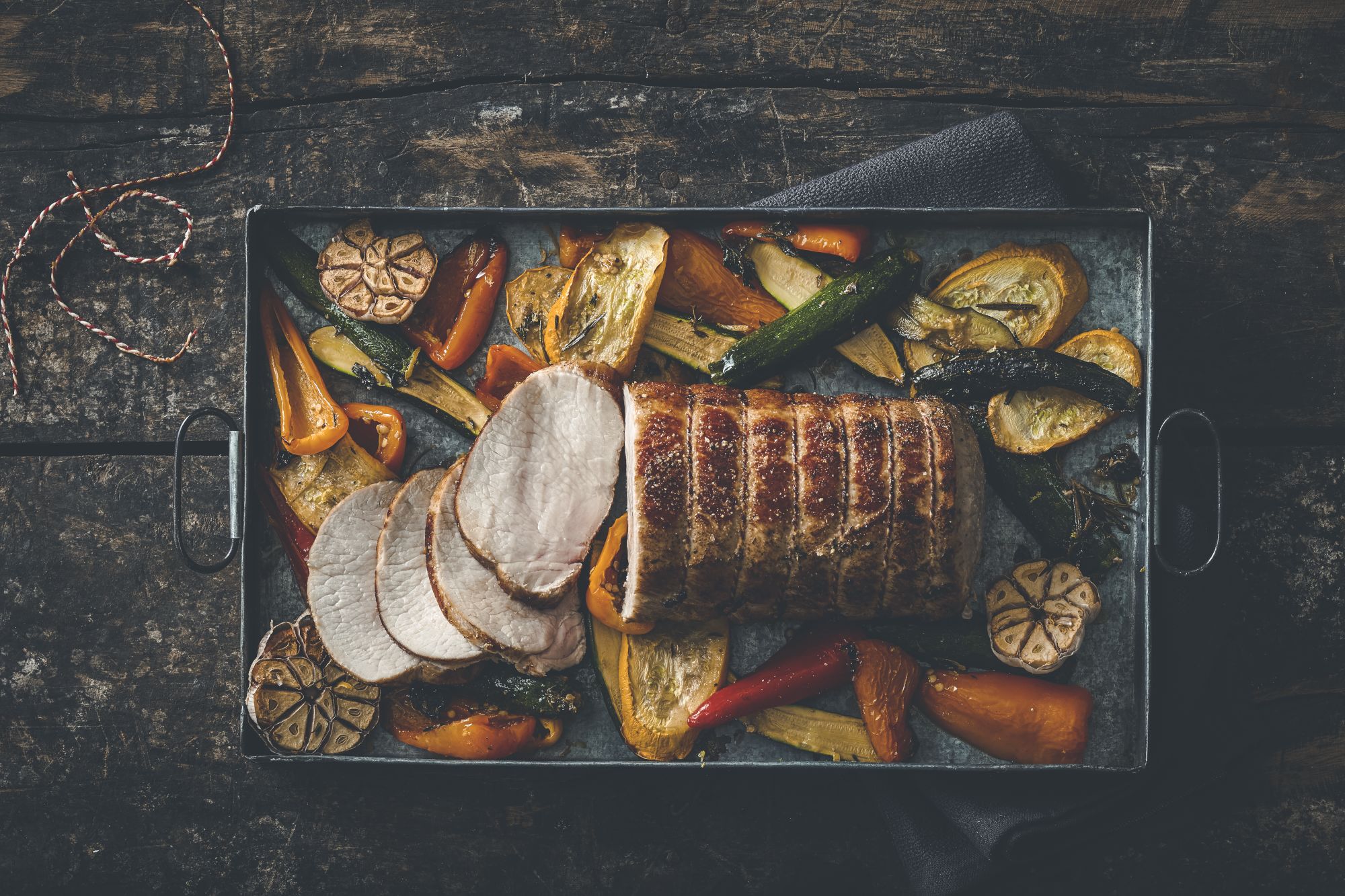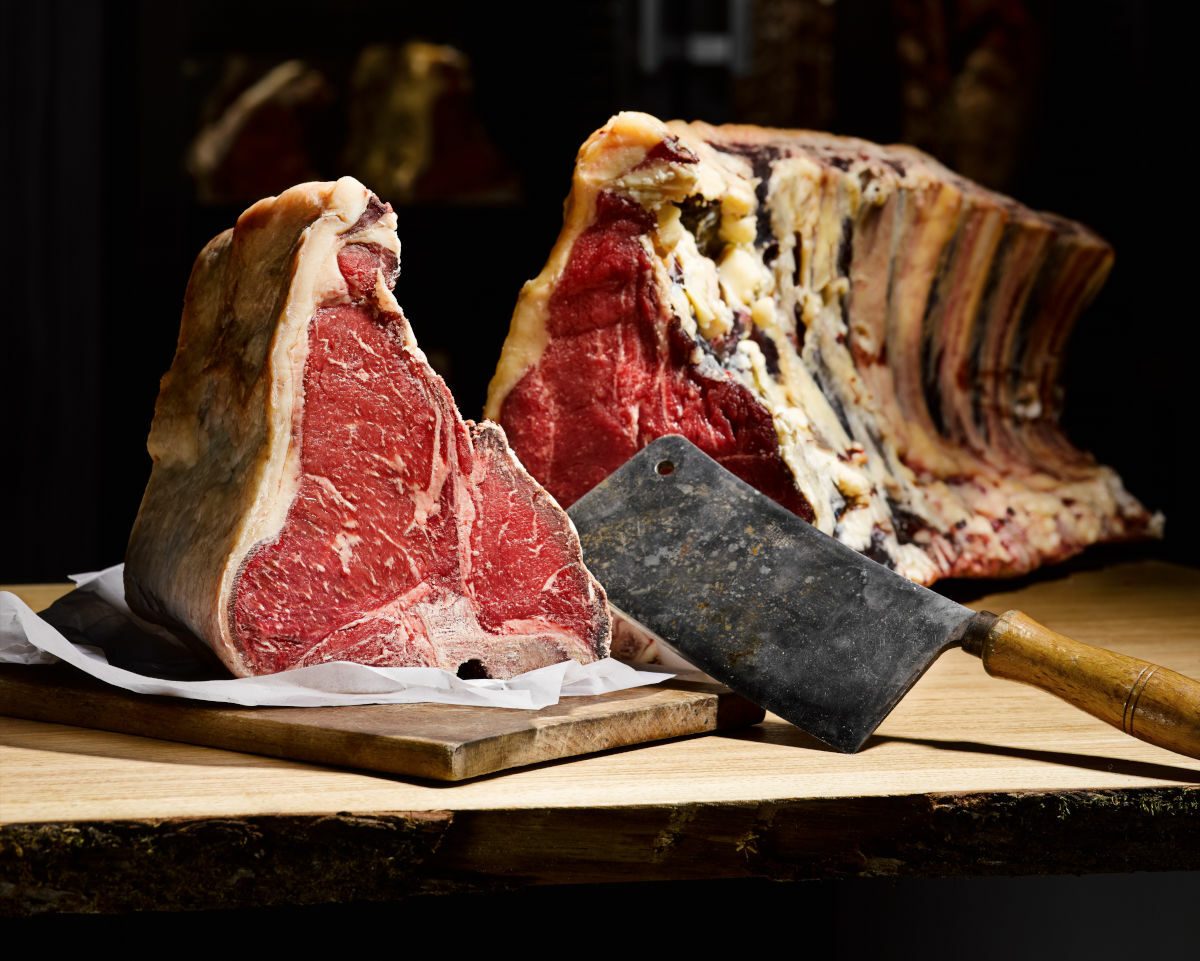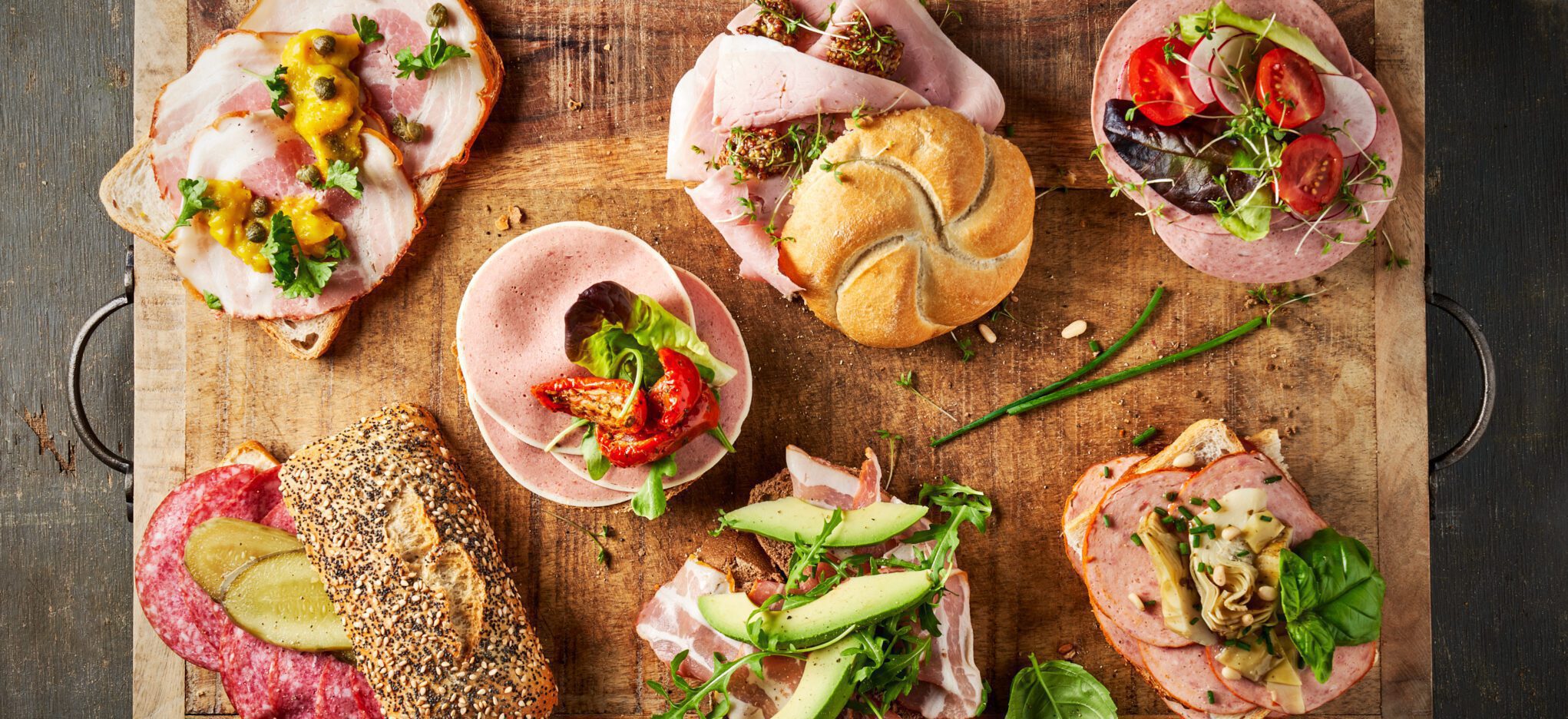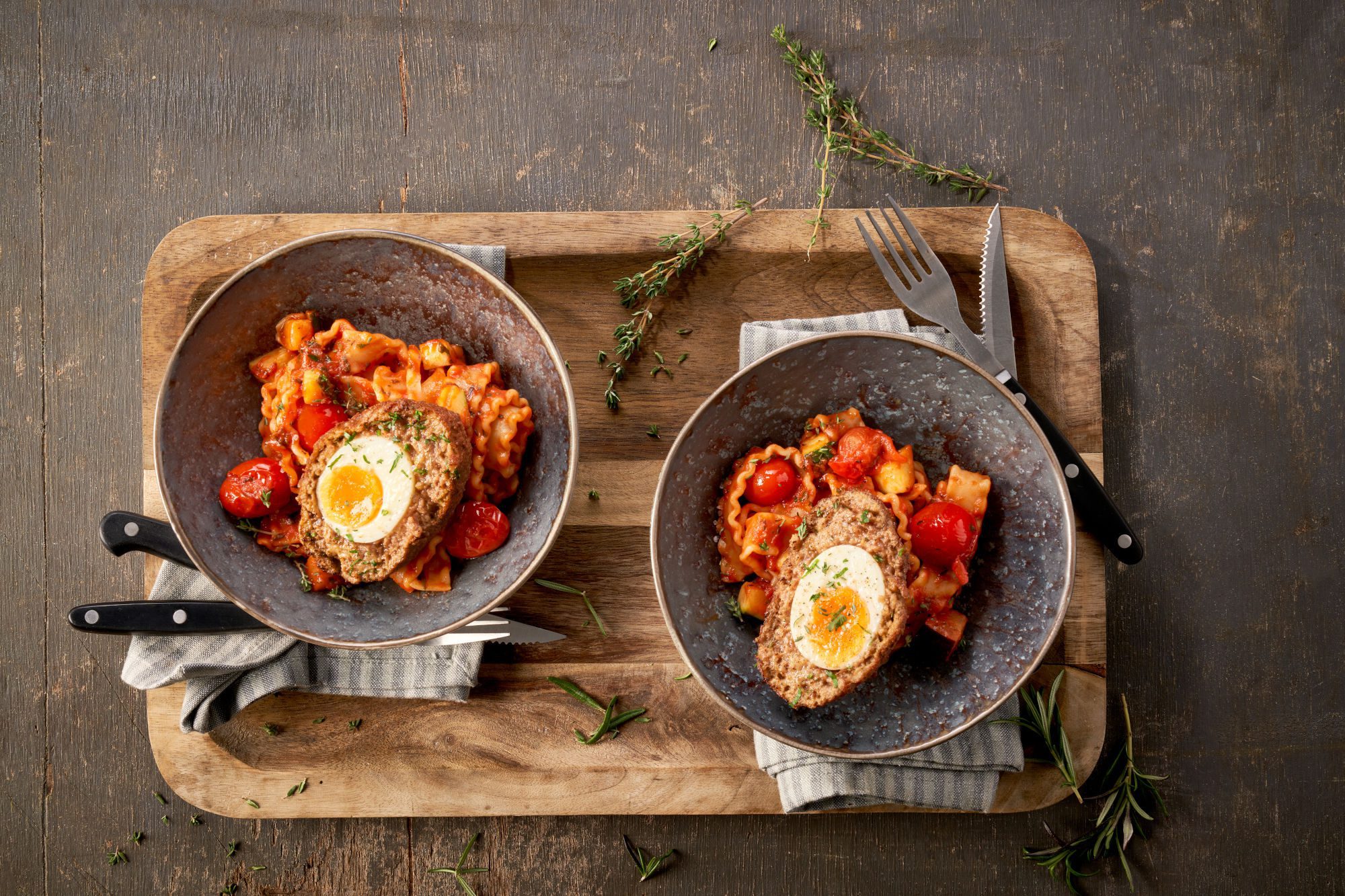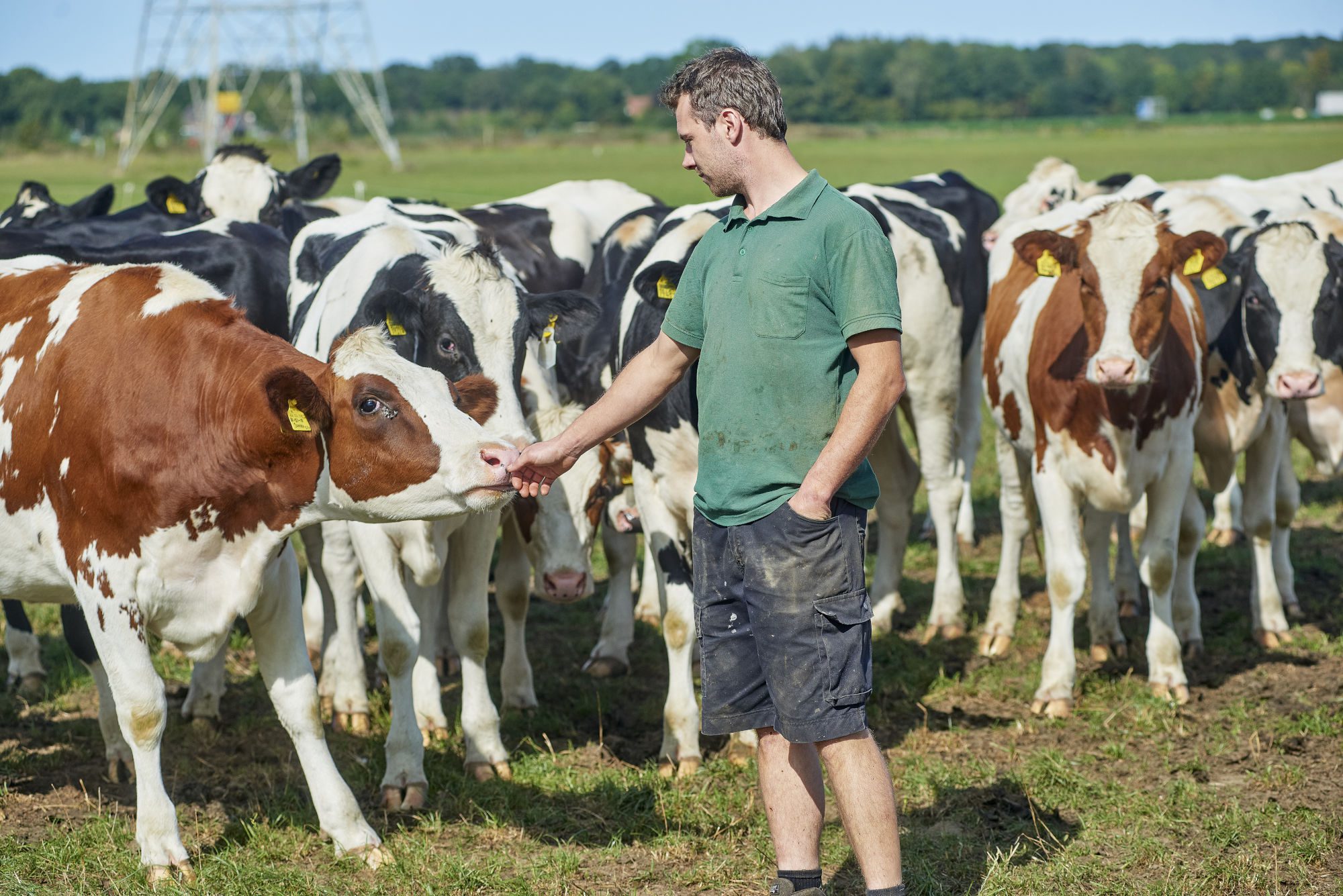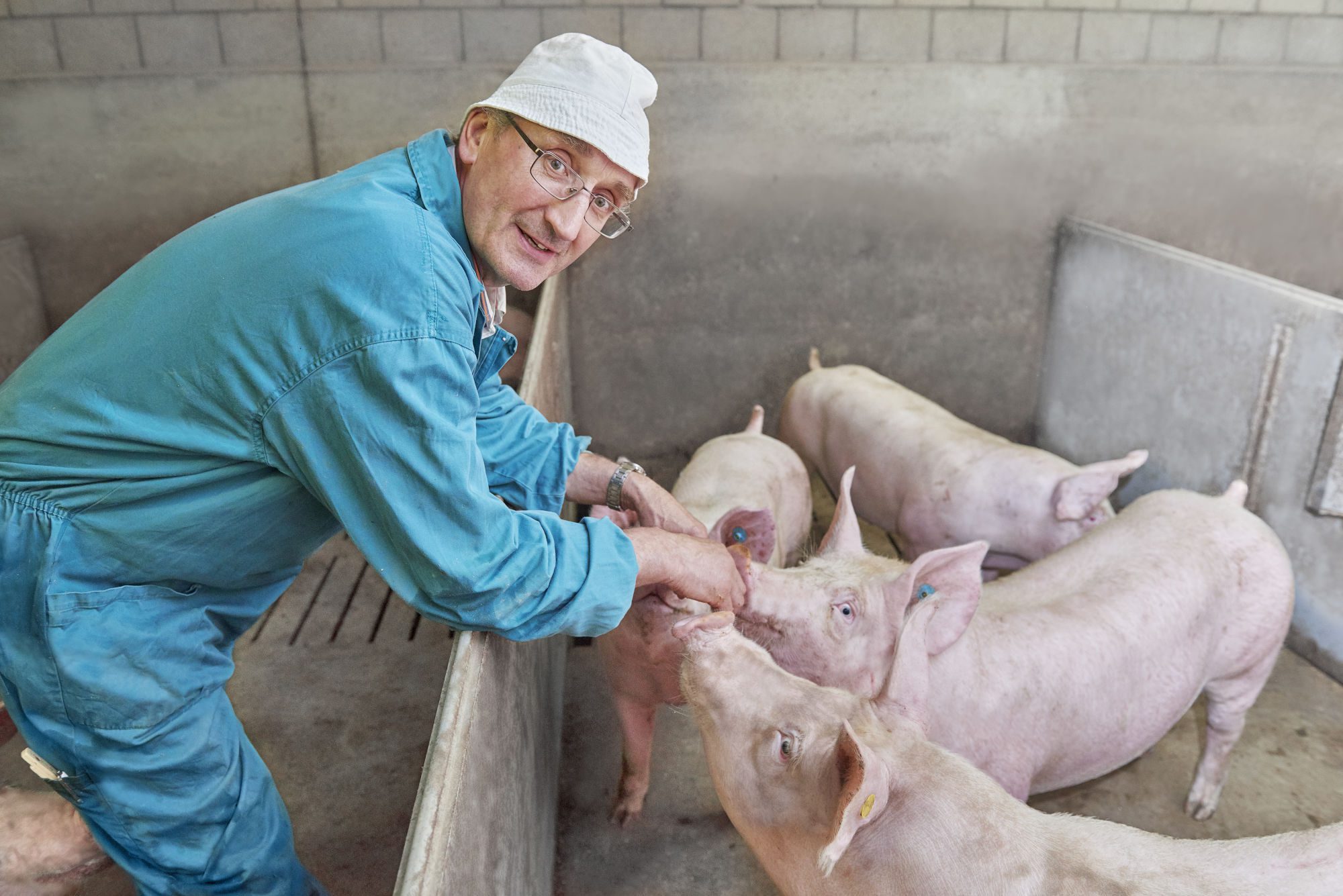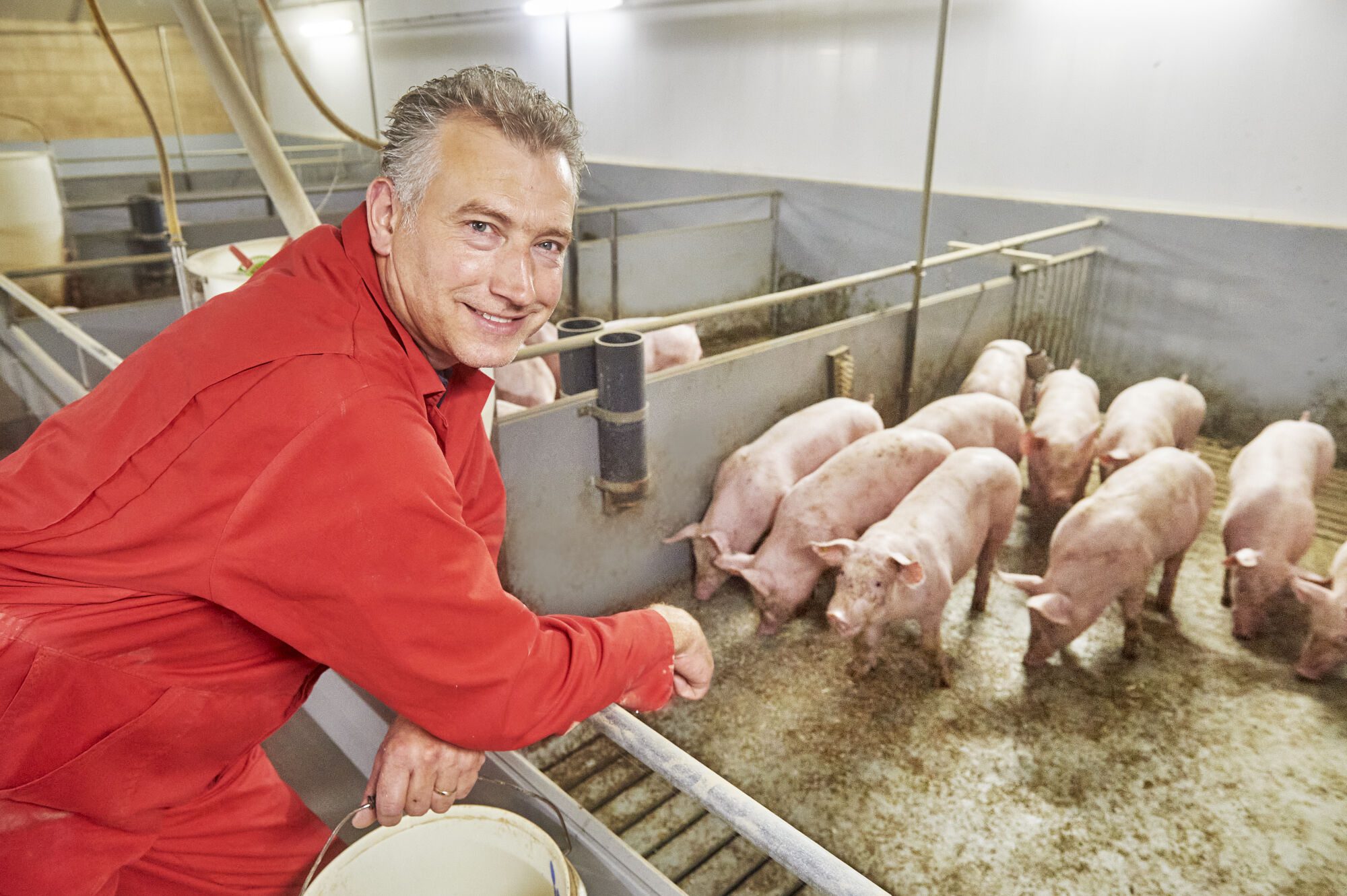
Food safety
In food production, particularly when preparing foods of animal origin, there is always the risk that your way of working will have a negative impact on food safety. Animals carry microorganisms that can also infect humans when they are exposed to such bacteria. Furthermore, the processing of animals and products along the supply chain comprises many occasions at which products could become contaminated with unwanted materials should the way of working fall below the required hygienic standard. As such, Vion, our customers and consumers have the potential to cause contamination that could lead to a food-borne infection or intoxication. However, our performance levels regarding food safety procedures remain stable and effective. In this way we contribute to people's access to safe and nutritious food all year round (Sustainable Development Goal target 2.1). We aim to have a positive impact on food safety in our industry.
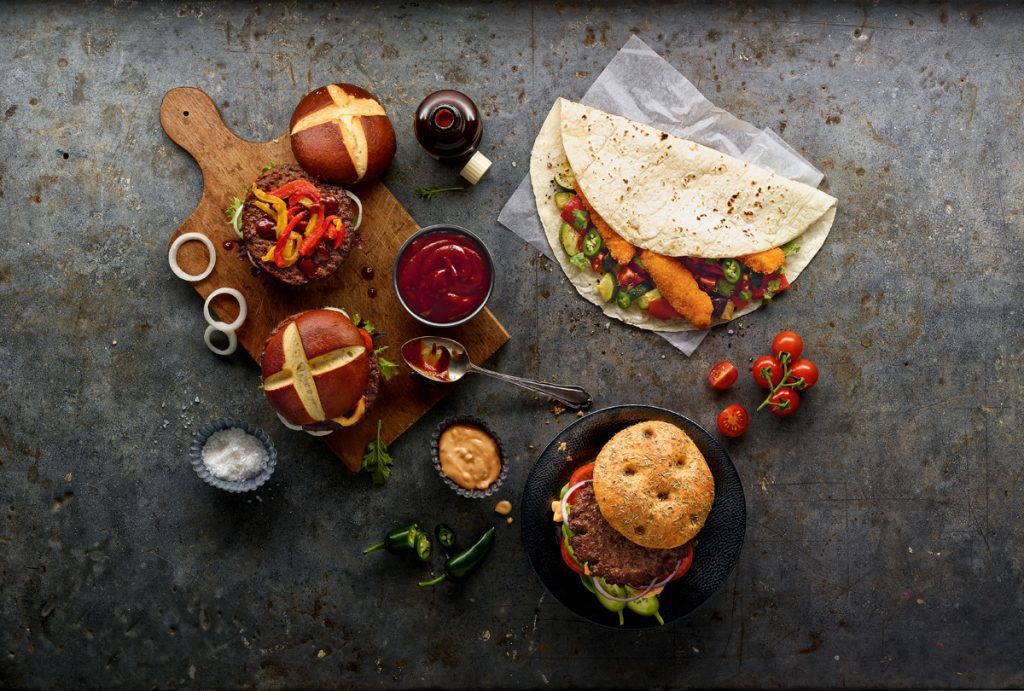
Producing safe and wholesome food is one of our top priorities. Food safety and quality assurance are embedded in the codes of practice at all Vion production sites. We are committed to the ISO 9001 standard for quality-oriented organisations, and all Vion facilities are ISO 9001 certified.The only exceptions are those sites that have been part of Vion for less than three years.
Our work on food safety covers diverse areas and processes:
- High standards of hygiene during daily operations.
- Training personnel.
- Equipment used.
- Daily cleaning and disinfection of production areas.
- Raising the bar for food safety standards by being board members of standard-setting organisations.
- Conducting scientific research to obtain the latest information and to study possibilities for improvement.
All our sites have incorporated the Vion-HACCP system, which is globally accepted. When it comes to slaughtering, there are two key principles for assuring food safety related to these zoonotic hazards. We prioritise these in our daily operations:
- Ensuring hygienic processing, with zero-tolerance on contamination from digesta.
- Preventing micro-organisms from multiplying by controlling the temperature at every stage of production.
To verify compliance with food safety and customer requirements, all production sites are certified according to the rules of the Global Food Safety Initiative (GFSI). The two food safety private standards we use us are the International Featured Standards Food (IFS Food) and the British Retail Consortium (BRC) standard. We publish these and other audit reports, as well as the results of quarterly inspections, on our public website www.vion-transparency.com.
Products made from live animals inevitably contain microorganisms. This is not a risk in itself; it is part of nature. However, monitoring the number of microorganisms as a KPI provides a useful indication of how hygienic our work practices are. Our internal microbiological standard is based on the number of bacteria we findfrom the Enterobacteriacea bacterial family during the finalstages of production, which is when products have been handled the most. Given the natural variation in bacterial counts and product origin, it is unlikely that all samples will always comply with our internal standard. However, by committing ourselves to as high a percentage as possible, we can continuously improve our way of working and reduce any microbiological food safety risks. In 2023, our objective is to have 90% of pork and beef comply with the Vion internal standard.
To control risks in the supply chain, we require our suppliers to adhere to and certify their activities under a Good Agricultural Practice (GAP) scheme, such as GlobalGAP, the German QS (Qualität und Sicherheit), the Dutch Integrale Keten Beheersing (IKB) or Holland Varken. These schemes have been organised independently and on-farm audits are carried out by independent certificationbodies. As a major stakeholder, Vion is committed to contributing to the design and organisation of these schemes.
Food safety and quality assurance are embedded in the codes of practice at all Vion production sites
News & Stories
In 2022, no incidents were recorded in which Vion products had a negative impact on consumers. In fact, several food safety interventions, such as continuous improvements in sanitary checks and hygienic working, which were built on the Vion-HACCP programme, clearly showed an improvement when it comes to reducing human exposure to relevant hazards.
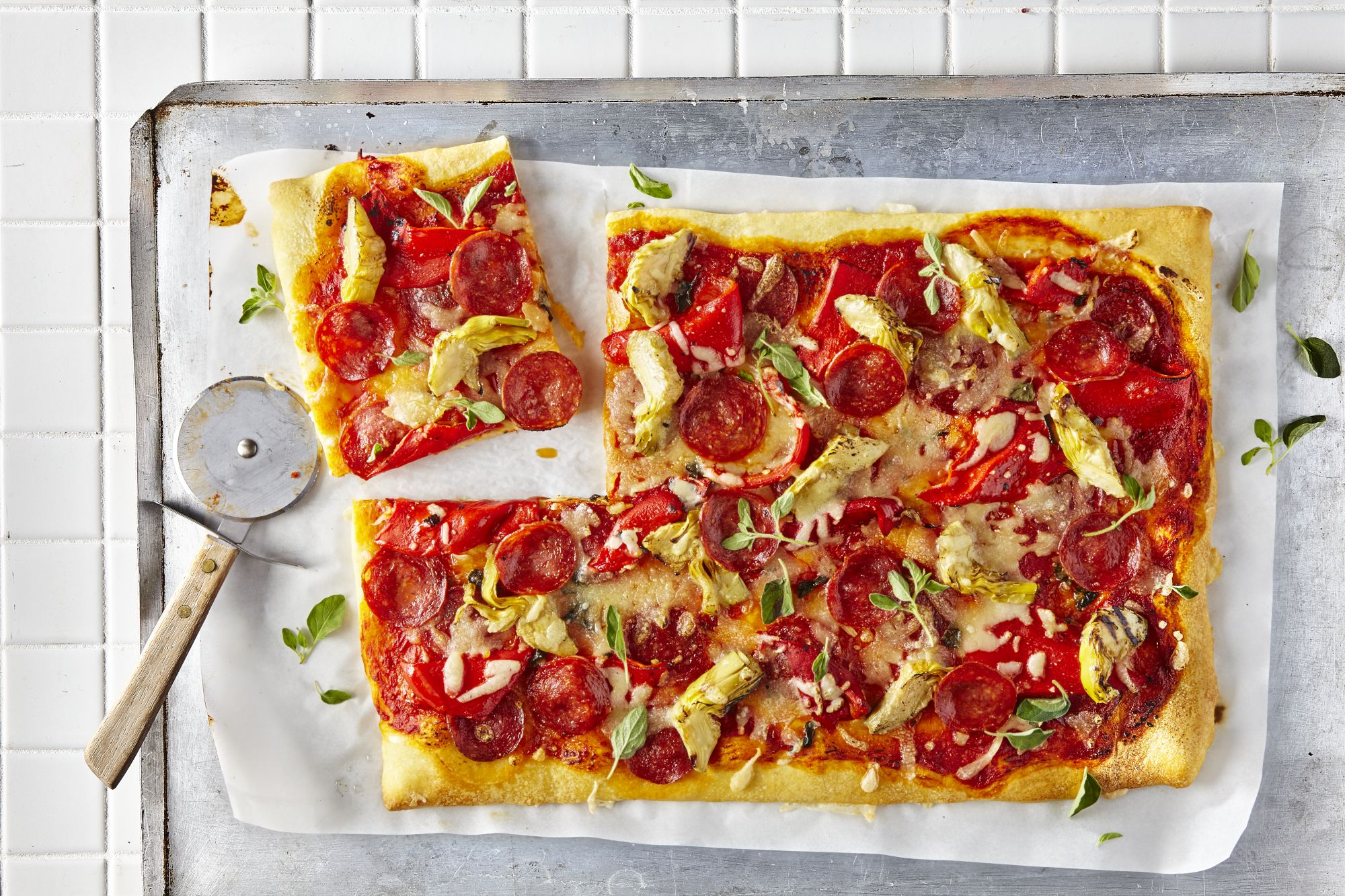
Vion recognises Listeria monocytogenes as a relevant food safety hazard and we routinely monitor our products and the production environment for its presence. Listeria can occur anywhere in the environment and can multiply at refrigerator temperatures. Young children, pregnant women, the elderly and immunocompromised people are especially at risk of illness should they eat contaminated foods. In 2022, we began a quantitative microbial risk assessment (QMRA) specificallyon Listeria in ready-to-eat food to ensure we have data-driven and science-based control in all our relevant production sites.
Ready-to-eat foods in which listeria can multiply are subjected to a so-called negative release programme: multiple samples of the product are taken from each batch and screened for the presence of listeria. The batch is released only when the bacterium is not detected in the samples.
During 2022, we maintained our measures to control COVID-19 in our production premises. The benefitsof vaccination and booster vaccinations were communicated to all employees and incentives were given to those that wanted to get vaccinated to do so. In addition to labour-related measures, we carried out product controls. This involved taking multiple samples of packaged products and outer packaging materials to check that COVID-19 was not present. The results of this extensive sampling showed that Vion products did not contribute to the spread of COVID-19. Furthermore, no spreading events, as observed in 2021, were observed in Vion locations in 2022.
We took several measures to control COVID-19 in our production premises
News & Stories

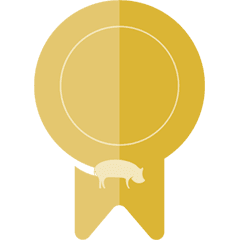
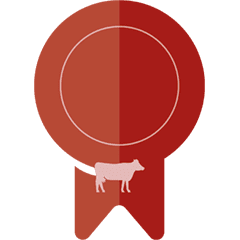
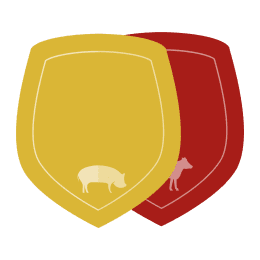
Clarification of the results
The percentage of sales from GFSI-approved plants was slightly lower in 2022 and 2021 compared to 2020 because we still have one production site that
is not GFSI approved. As that site’s sales volume share increased, the GFSI percentage declined slightly.
The norms applied in Vion’s internal microbiological standards for product hygiene are substantially stricter than those required by legislation. This ensures that legal compliance is guaranteed at all times. Given the natural variation in bacterial counts, it is unlikely that all samplings will always comply to our strict internal standards. However, by striving for a percentage that is as high as possible, we can achieve a continuous improvement in food safety.

